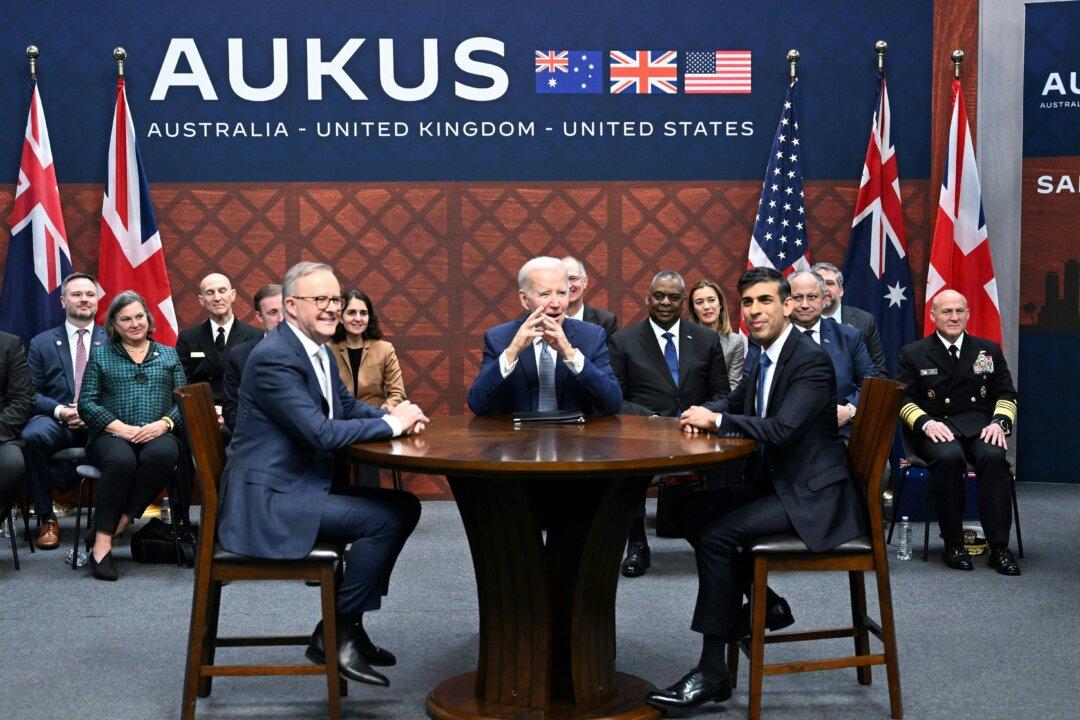U.S. Ambassador to Japan Rahm Emanuel has indicated that Japan is “about to become the first additional Pillar II partner” in AUKUS, the tri-nation partnership between Australia, the UK, and the United States.
This would be the first expansion of the tight-knit defence-sharing arrangement outside the original three partners, which includes working together on areas such as nuclear submarine propulsion and quantum technology.





